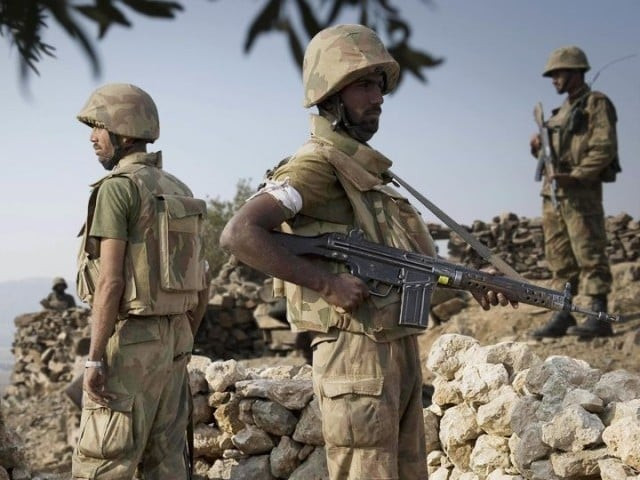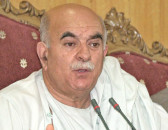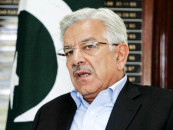Five years on, Operation Radd-ul-Fasaad gains paying dividends
Anti-terror operation restored peace through consistent efforts executed in every nook and corner of the country

Five years after being launched, Operation Radd-ul-Fasaad – Pakistan Army’s sweeping campaign against terrorism – has resulted into elimination of the menace as it cleansed internal and external elements responsible for creating anarchy in the country.
Launched on February 22, 2017, the intensive nation-wide operation against terror groups, steered by Army Chief General Qamar Javed Bajwa, has successfully thwarted hundreds of terrorist plots across the country.
The operation involved area clearance through Kinetic Operations and development projects for the socio-economic uplift of the people.
Launched in every nook and corner of the country, it specifically helped restore the state's writ in the erstwhile FATA tribal belt.
At least 67 new wings of the Frontier Corps (FC) were established as part of the capacity enhancement of the law enforcement agencies (LEAs).
Since 2017, the security forces trained more than 40,000 police personnel as well as nearly 22,000 Levies and Khasadar men across the country.
Also read: Army chief urges to remain vigilant against any 'misadventure'
Under the border management, 95 per cent work on Pak-Afghan border fencing has been completed whereas the work on Pak-Iran border is currently at more than 78 per cent.
At least 679 forts, borders posts and border terminals were completed, whereas over 60,000 square metres of area was cleared from landmines.
Moreover, operations in the tribal areas helped comprehensively restore the state's writ on the Pak-Afghan border. Security for the projects such as the China-Pakistan Economic Corridor (CPEC) was ensured.
The temporary displaced persons (TDPs) were also returned to their areas in a secure and dignified way.
Terrorists were tried in the military courts under the National Action Plan (NAP) to eliminate terrorism and extremism.
Also read: Army chief vows to root out terror
Action was taken against more than 78 terrorist outfits and notorious terrorists, while sub-nationalist extremists were shown the path of peace.
More than 1,200 conspiracies hatched by the hostile intelligence agencies (HIAs) were unearthed.
Karachi, the city of lights, improved from the sixth spot to the 124th spot in International Crime Index after improvement in the law and order situation.
In addition to the sixth population census, all-out security was provided to the polio eradication teams in Khyber-Pakhtunkhwa and Balochistan.
A peaceful environment was ensured for the arrival of international cricketers in the country as part of the Pakistan Cricket League (PSL). In addition to revival of international cricket, sports activities were organised across the country.
Also read: Army chief stresses on guarding against hybrid threats amid new regional challenges
Moreover, measures were also taken to boost tourism, making Gwadar, northern areas and the K-2 peak the centre of attention of the world. As part of religious tourism, Buddhist, Hindu and Sikh followers flocked Pakistan in large numbers.
Tribal districts were merged with K-P and powers were devolved to police and district administration, while reforms were carried out in the seminaries.
Five years ago, Army Chief General Qamar Bajwa had said that every Pakistani was a soldier of the Operation Radd-ul-Fasaad.
In these years, masses and the security forces returned peace to the country owing to the operation, and today's Pakistan is a living tale of its success.



















COMMENTS
Comments are moderated and generally will be posted if they are on-topic and not abusive.
For more information, please see our Comments FAQ